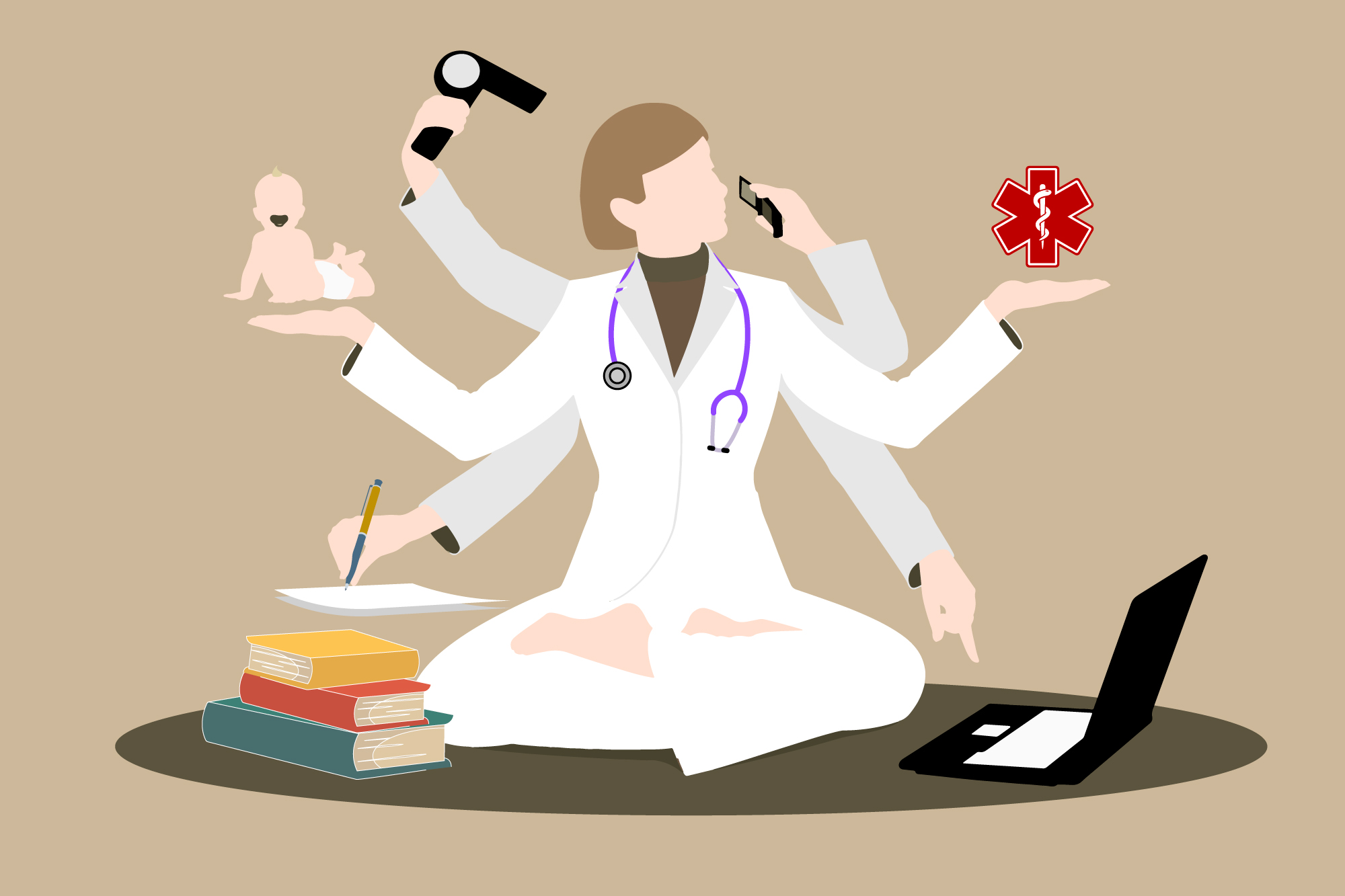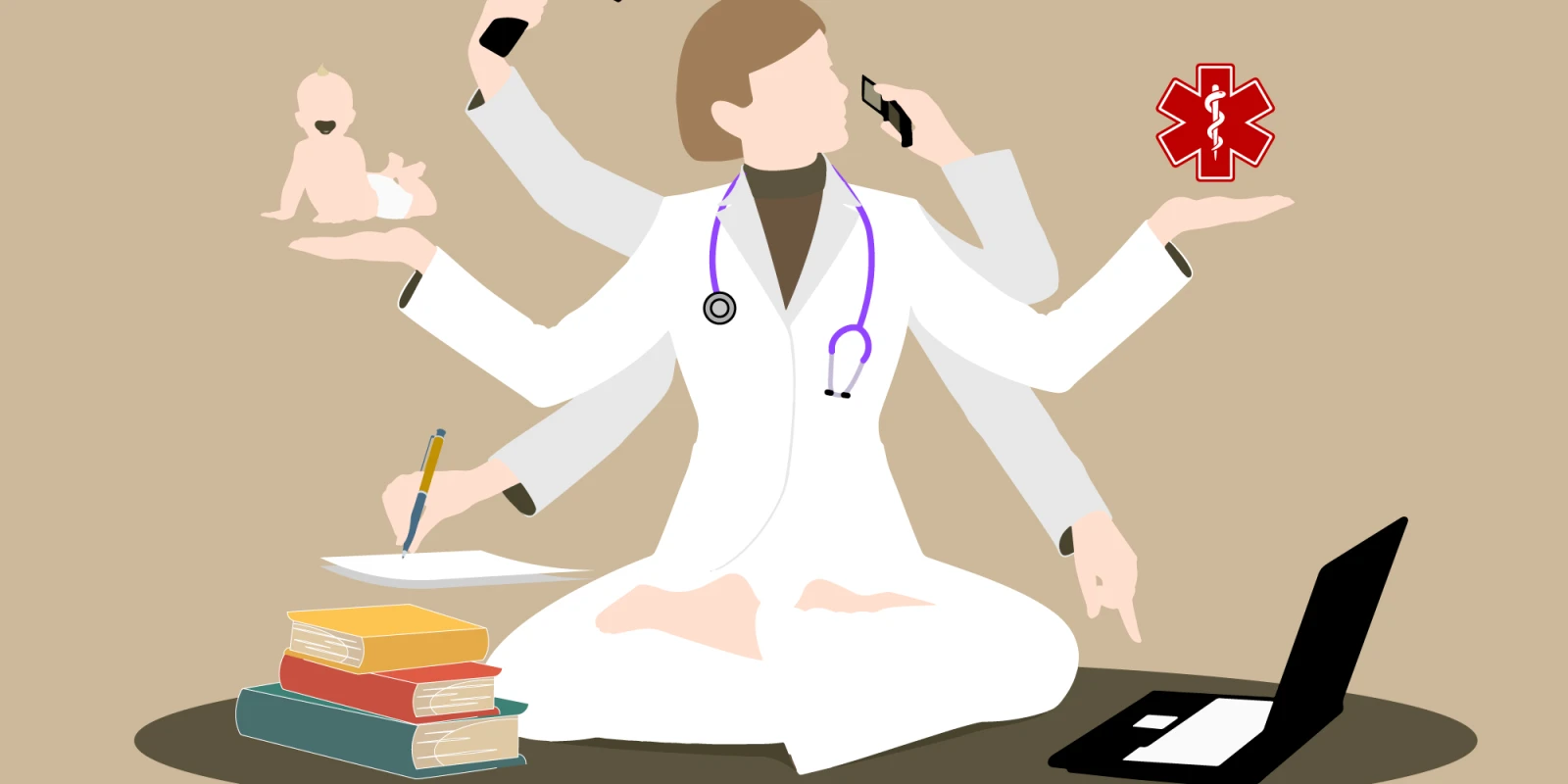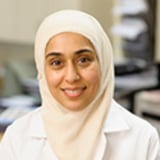
There has recently been discussion in the national media on what it means to be a mother in medicine. A few months ago, the New York Times published this article about how medicine has become a family-friendly profession. But then, just last month, the same newspaper published this article examining the unique challenges faced by surgeons who are also mothers.
As an ob/gyn in academic medicine, I read that first article and scoffed at the thought of medicine as a family-friendly profession. While my Chair was incredibly supportive and encouraged me to go part-time after the birth of my second child, I took a significant pay cut to do so. To compare, I made less than a non-physician who worked in my office for the same number of hours. I was privileged enough to have a husband who could offset my lack of salary, but this is not the case for every woman. I also gave up significant opportunities for scholarship, research, and grants while I focused on raising two small children. The truth is that when mother is a doctor, she faces a unique set of challenges not faced by her male peers who are fathers.
Having children has been labeled a “career stopper” for female physicians, as we are often passed over for leadership positions or promotions. Indeed, at major academic medical centers only 21% of full-time professors are women, and only 15% of the chairs are women. If passed over for career opportunities multiple times, women may decide to leave academia altogether. In fact, one study demonstrated that female surgeons were twice as likely to leave academic medicine, particularly after having children.
There are financial ramifications to having children as well. Women with children earn significantly less than their male counterparts. I do not think there is a difference in capability; after all, bright and motivated women are entering medicine in larger numbers than ever before. What we are seeing is arguably the subtle effects of gender discrimination, and particularly of reproductive discrimination.
While we face these challenges of promotion and finance in our professional lives, our personal lives are also held to significantly different standards than our male counterparts. Last year, my son’s pre-kindergarten graduation was held at 4 p.m. on a day when I was working as the director of a specialized resident clinic. I was given a one-week notice about the graduation. I did not cancel clinic in order to attend; my husband and mother-in-law attended in my stead. Later, I was told by his teachers that I was the only mother not present at graduation. Did they notice which fathers were not present? I doubt it. My children’s school calls me when they are ill, even if I am on labor and delivery, or in the OR and unable to leave my patients — despite the fact that my husband’s job has much more flexibility and he is also listed as a contact to call. I am held responsible for coordinating playdates, maintaining school registration, scheduling medical appointments, and feeding my children three healthy meals a day.
At work, I struggle with my sense of inadequacy over not publishing enough, not seeing enough patients, and not performing enough surgeries. At home, I struggle with my sense of inadequacy over working too many night shifts, leaving for work before my children wake up and returning home when they are about to fall asleep, not reading to them enough, and feeding them too many cookies (although I grant myself bonus points because they are homemade). Each day, I feel that I am failing as a mother and a physician because there is little social support for busy working women and little professional leeway in the field of medicine. In short, when mother is a doctor, life is really, really hard.
One day, a few weeks ago, my son asked why I had to go to work again overnight. I responded, “Because I have patients waiting for me.” Then I paused, and added, “And because I love it.”
It is true, I love my work, and I love my patients. I feel privileged to care for women in their happiest of times and in their saddest of times. As a role model to my children, I want them to see that I have a life outside of them, a life that involves being of service to others as a healer. I hope that my children understand how much I love them, but also understand that I love my work, and that the two, while not seamlessly compatible, are not exclusive.
Dr. Huma Farid is an ob/gyn at the Beth Israel Deaconess Medical Center in Boston.
Illustration Collage by Jennifer Bogartz / Ralf Hiemisch /Getty Images







